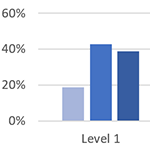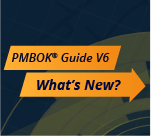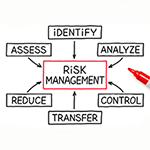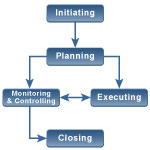Project Management Doesn't Stop at Project Closure
As business owners, operators and/or managers responsible for implementing initiatives, we sometimes overlook the value of learning something from our past projects. It is very understandable to ask for a post-mortem on a failed project. However, ask almost any manager, who sponsored or worked on a project, to do a post-mortem on a successful project and you will probably get a strange look from them. Continue reading


 New Horizons
New Horizons
 Project Management Academy
Project Management Academy
 Six Sigma Online
Six Sigma Online
 Velopi
Velopi
 Watermark Learning
Watermark Learning
 Login
Login































 New Horizons
New Horizons
 Project Management Academy
Project Management Academy
 Velopi
Velopi
 Six Sigma Online
Six Sigma Online
 Watermark Learning
Watermark Learning